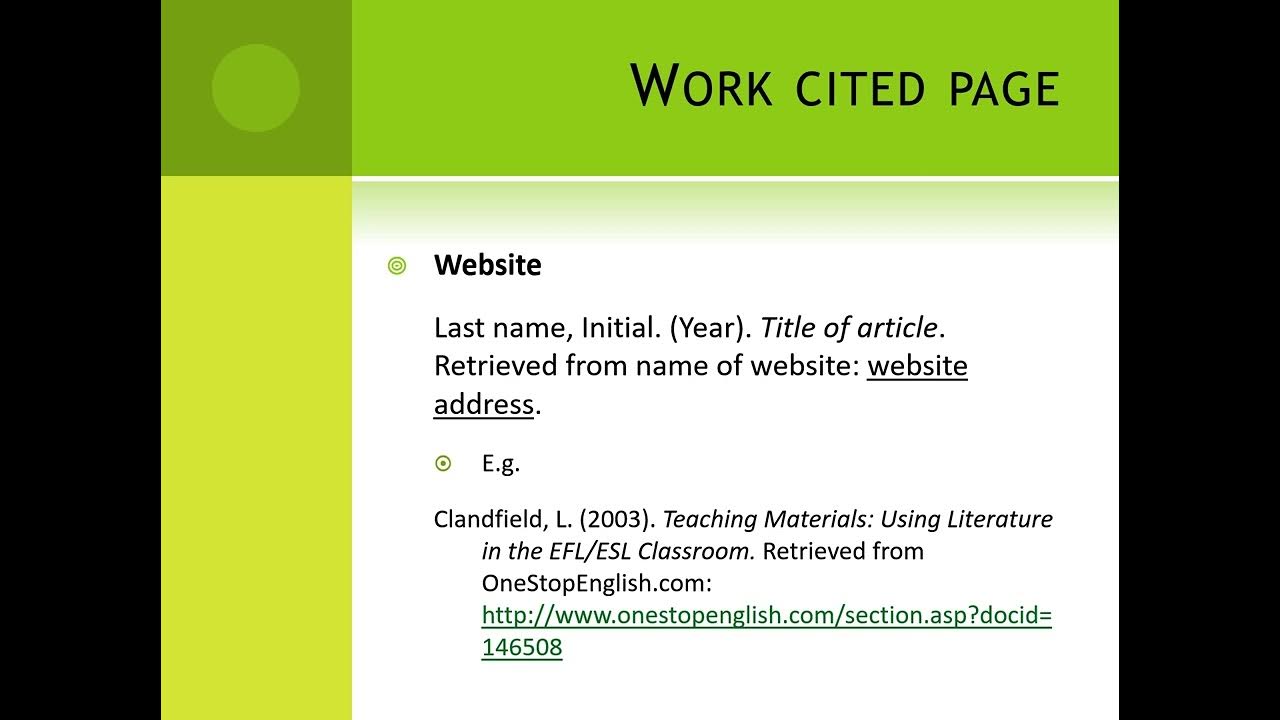BILAS - Eps.03
Summary
TLDRIn a crucial discussion on academic integrity, the speakers addressed the serious issue of plagiarism in higher education, particularly in law studies. They emphasized the ethical responsibilities of educators and the need for students to cultivate honesty in their academic work. The conversation highlighted the detrimental effects of dishonest practices on the quality of education and urged students to understand and combat plagiarism. Ultimately, fostering a culture of integrity was deemed essential for achieving genuine academic success and maintaining the credibility of educational institutions.
Takeaways
- 😀 The conversation speculates about potential misconduct involving a lecturer and a student, including the possibility of bribery.
- 📜 Educators are bound by legal frameworks that dictate their responsibilities and ethical standards.
- 👩🏫 Lecturers should uphold their integrity and guide students ethically in their academic pursuits.
- 🏅 The importance of producing competent graduates is emphasized, highlighting the role of educators in shaping future professionals.
- 🤝 A culture of honesty and integrity is essential in academia for the success of students and the credibility of institutions.
- 🚫 Plagiarism is a significant threat to academic integrity, requiring awareness and proactive measures to prevent it.
- 🔍 Understanding the definitions and implications of plagiarism helps maintain the quality of education.
- 📚 The conversation stresses the importance of ethical behavior in producing academic work and research.
- 🔗 Students are encouraged to engage with educational content and share knowledge within their communities.
- 🌟 The discussion concludes with a call for students to subscribe and follow educational content, promoting continuous learning.
Q & A
What is the main issue discussed in the video?
-The main issue discussed is academic dishonesty, particularly focusing on plagiarism and its implications within the educational environment.
How do the speakers view the relationship between students and faculty regarding academic integrity?
-The speakers emphasize the importance of a respectful and ethical relationship between students and faculty, where faculty should guide students towards honesty in their academic work.
What are the potential consequences of plagiarism mentioned in the transcript?
-Consequences of plagiarism include potential legal actions against involved faculty, loss of academic credibility for students, and damage to the reputation of the educational institution.
What role do educators play in preventing academic dishonesty?
-Educators are expected to uphold high ethical standards, provide clear guidance on academic integrity, and foster a culture of honesty among students.
How is the importance of honesty emphasized in the discussion?
-Honesty is portrayed as a foundational principle for successful academic work, with the idea that ethical practices lead to genuine knowledge and beneficial outcomes for students.
What recommendations are made for students to avoid plagiarism?
-Students are advised to cultivate a culture of honesty in their academic work, understand the definition and consequences of plagiarism, and seek proper guidance from their instructors.
What specific suggestions are offered for enhancing academic integrity?
-The speakers suggest that institutions should promote quality education, provide resources for students to understand plagiarism, and support faculty in their role as ethical guides.
Why is the relationship between students and faculty crucial in maintaining academic integrity?
-A positive relationship fosters an environment where students feel comfortable seeking help and guidance, which can lead to better understanding and adherence to ethical academic practices.
How do the speakers propose to address the issue of academic dishonesty?
-They propose educational initiatives aimed at increasing awareness of plagiarism, its implications, and the importance of academic integrity, alongside a commitment to honesty from both faculty and students.
What overarching message do the speakers convey about the future of academic integrity?
-The overarching message is that a commitment to honesty and ethical behavior in academia will not only benefit individual students but also enhance the overall quality and reputation of the educational institution.
Outlines

Cette section est réservée aux utilisateurs payants. Améliorez votre compte pour accéder à cette section.
Améliorer maintenantMindmap

Cette section est réservée aux utilisateurs payants. Améliorez votre compte pour accéder à cette section.
Améliorer maintenantKeywords

Cette section est réservée aux utilisateurs payants. Améliorez votre compte pour accéder à cette section.
Améliorer maintenantHighlights

Cette section est réservée aux utilisateurs payants. Améliorez votre compte pour accéder à cette section.
Améliorer maintenantTranscripts

Cette section est réservée aux utilisateurs payants. Améliorez votre compte pour accéder à cette section.
Améliorer maintenant5.0 / 5 (0 votes)






